Industrial Investment to Stay Strong in 2018: RCM/SIOR Report
Based on a September survey of RCM principals and SIOR members, the report concluded that strong fundamentals, including robust leasing and rising rents, should keep the industrial investment sector on the healthy run it has had since 2011.

Tina Lichens, COO, RCMSpurred by e-commerce growth, corporate expansion of distribution spaces and overall momentum in the supply chain, investment levels in leasing, construction and capital market sales in the industrial sector are expected to remain strong for at least 12 to 18 more months, according to a new survey.
The Real Capital Markets/Society of Industrial and Office Realtors (RCM/SIOR) Investment Sentiment Report found 90.3 percent of brokers and investors believe investment activity will remain comparable to recent levels, with 47.8 percent saying activity will increase, even if only nominally.
“The industrial sector continues to draw a wide range of investors, due to its stability and the potential for long-term growth. That equilibrium and other market dynamics make industrial investment properties the preferred option among a wide range of investors. We don’t foresee a dramatic shift in the near term,” Steve Shanahan, executive managing director at RCM, said in a prepared statement.
Based on a September survey of RCM principals and SIOR members, the report concluded that strong fundamentals, including robust leasing and rising rents, should keep the industrial investment sector on the healthy run it has had since 2011. Pricing is expected to increase over the next 12 to 18 months with many survey respondents predicting at least a 5 percent growth rate and possibly twice that level. The survey found 92.7 percent of principals and brokers believe pricing will at least stay the same and 33.8 percent predicting increases of 5 percent or more.
While the report noted some markets like Los Angeles, South Florida and Northern New Jersey are seeing continued cap rate compression because of rent growth potential, nearly half (46.9 percent) of respondents said they expect cap rates to remain about the same over the next 12 to 18 months. Another 34.8 percent expect them to increase slightly and 16.9 percent think they may compress slightly.
Low Supply in Some Markets
Bo Mills, a managing director with JLL in Los Angeles and head of Industrial Capital Markets for the firm’s Western U.S. region, noted in the report that nearly every institutional investor wants to own industrial assets. Mills said pricing was at an all-time high in many Tier 1 markets, such as Los Angeles, adding that Tier 2 market assets are also being acquired because of low supply in Tier 1 markets.
One area investors and brokers agreed on was that the greatest threats to industrial investments would be overbuilding and oversupply, lack of quality investments, and unrealistic seller expectations. Brokers ranked lack of supply first (46.4 percent) while 40.6 percent of investors ranked overbuilding as the top threat. Capital issues and functionally obsolete properties were on the list, though much lower than supply concerns. There was also a catchall “other” choice that garnered 11.7 percent of responses from those concerned with geopolitical issues like growing tensions in North Korea and Iran and others worried about a potential stock market crash.
Modern Properties Top Wish List
What’s the most attractive industrial investment? Over one-third of respondents (35.8 percent) chose mid-size, modern, multi-tenant properties as their top choice for investing. More brokers (35.5 percent) than principals (19.6 percent) picked newly-built, high cube distribution facilities. A total of 16.4 percent of respondents chose infill redevelopments and a similar number, 16.9 percent, selected mid-size, modern, single-user facilities.
The survey also asked the brokers and principals to pick the greatest impact on industrial investment activity. E-commerce did garner the highest response at 37.4 percent, but 34.5 percent of respondents pointed to the general strength of the economy and 16.4 percent said it was the availability of investment capital.
“One of the most interesting findings of the RCM/SIOR Investor Sentiment Study was the balance in which investment activity is being influenced. It isn’t just about e-commerce. Across the country, participants pointed to the ripple effect of extended supply chain dynamics, recovery in the housing market and increases in atypical manufacturing operations as driving industrial investment activity,” Tina Lichens, COO of RCM, said in a prepared statement.
For more on this subject, read the full RCM/SIOR Investment Sentiment Study here.
Images courtesy of RCM/SIOR

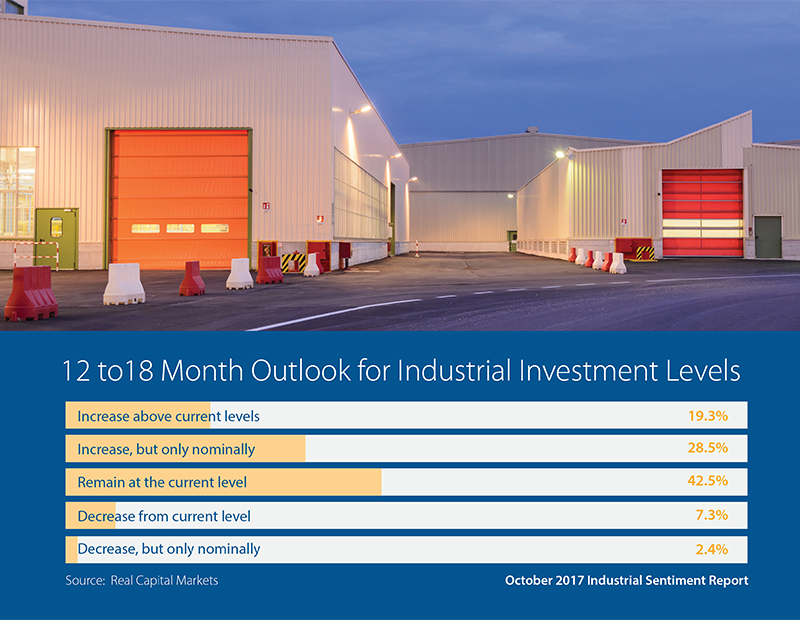
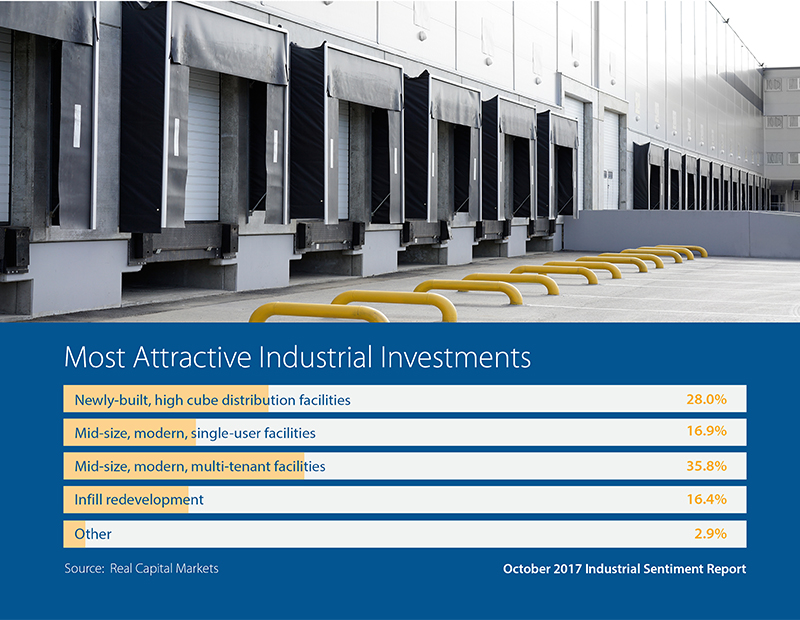

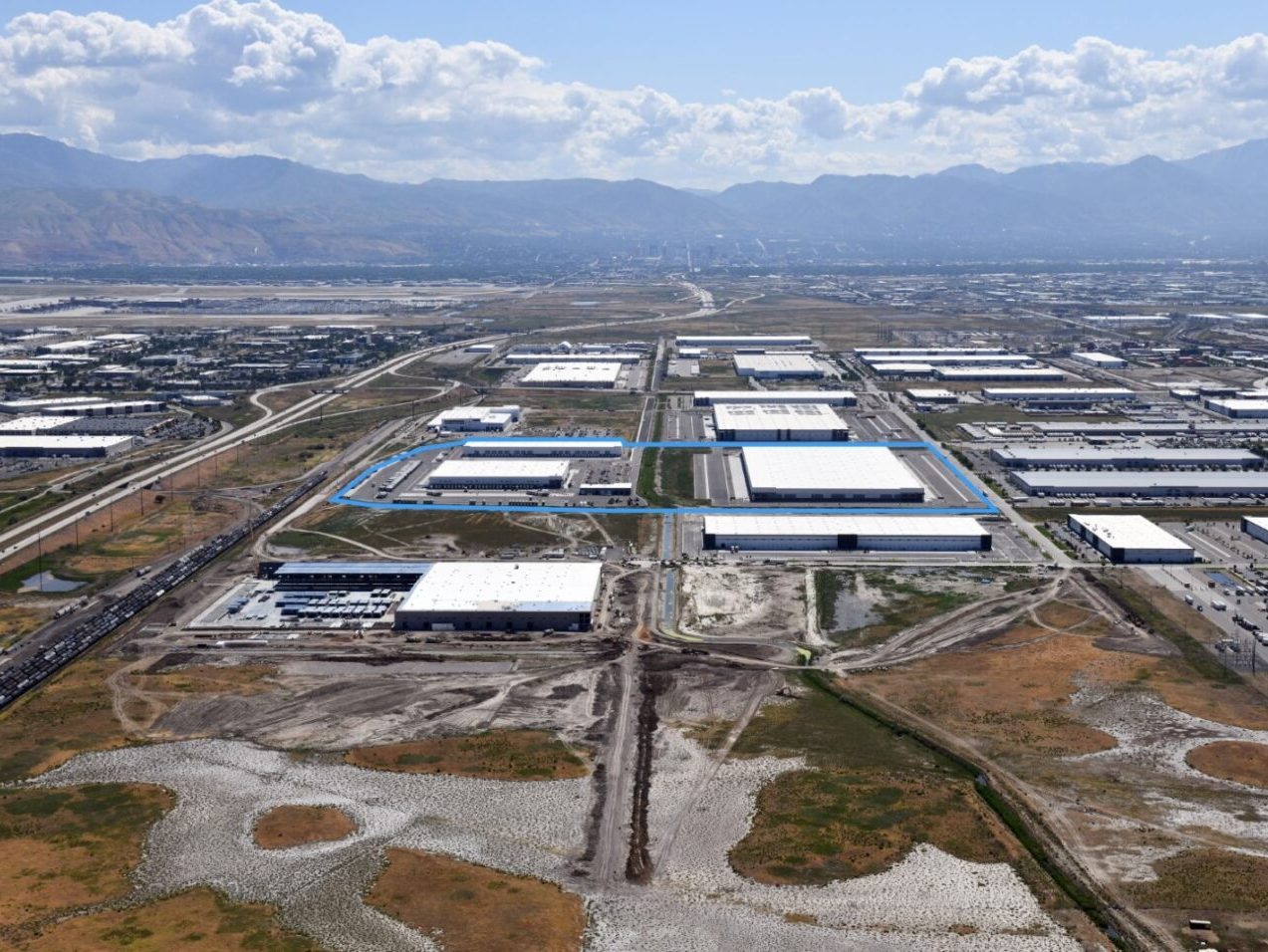

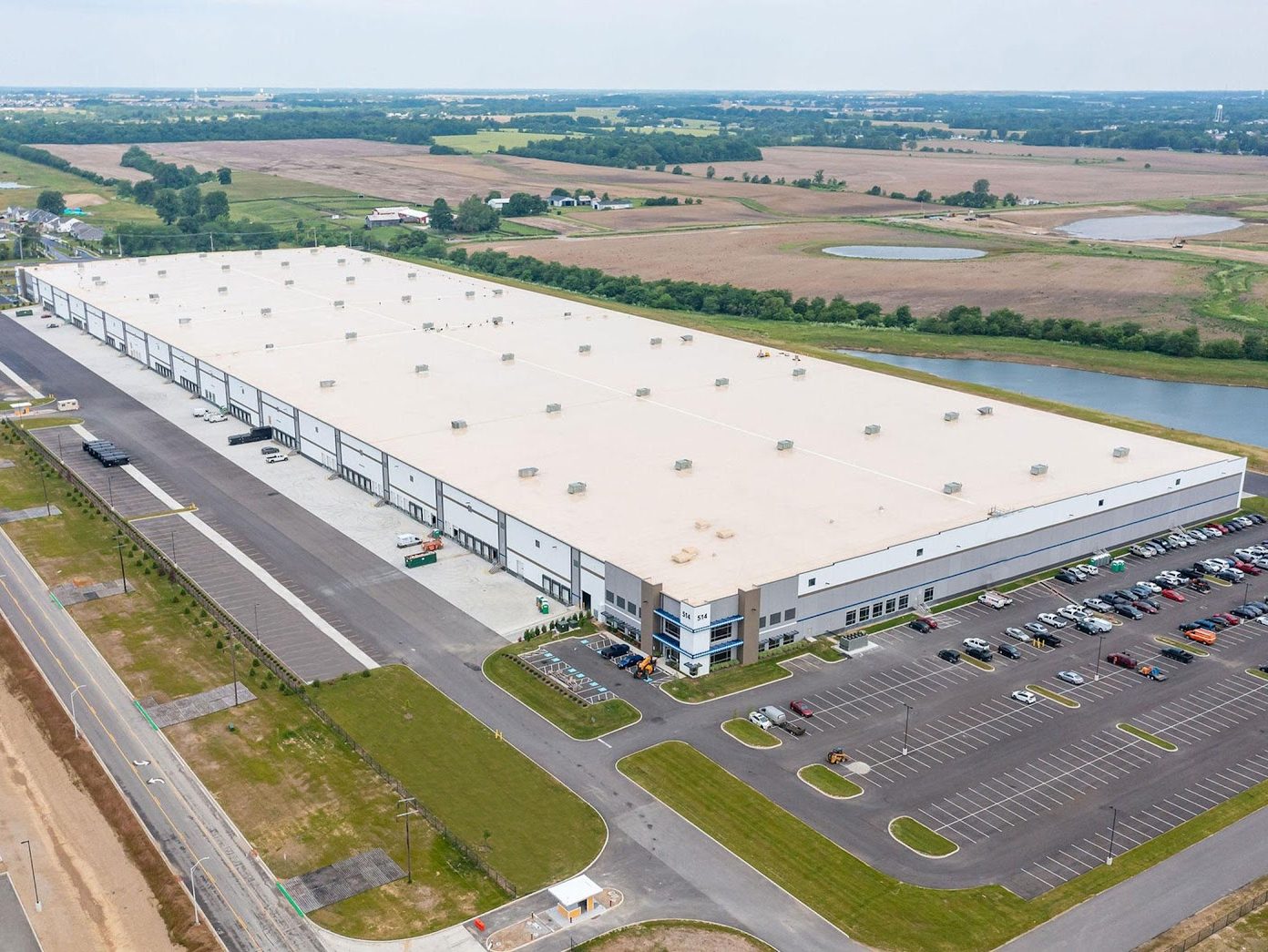

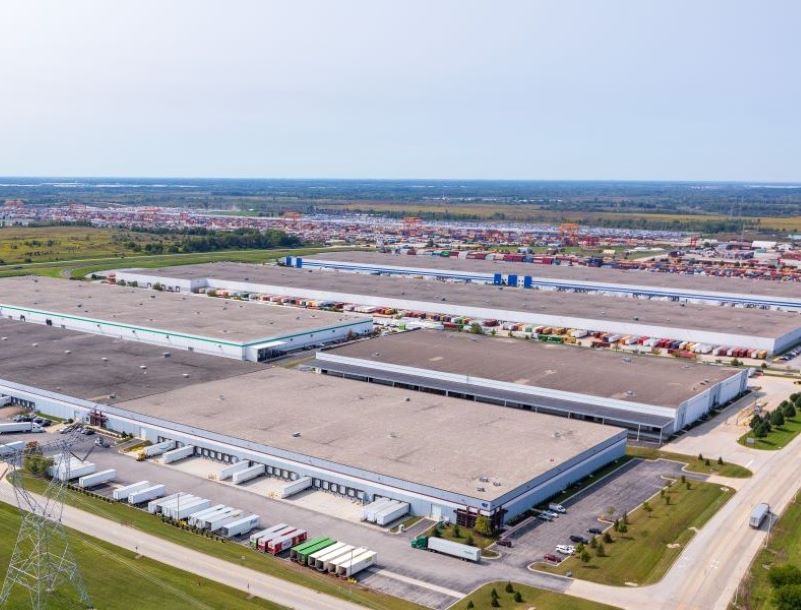
You must be logged in to post a comment.